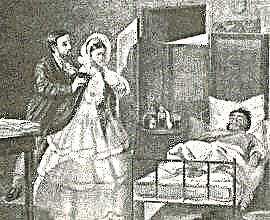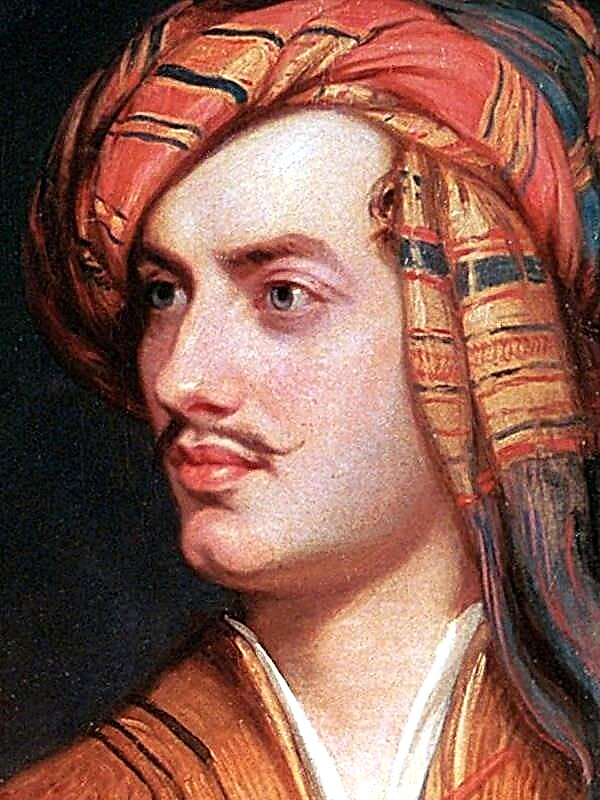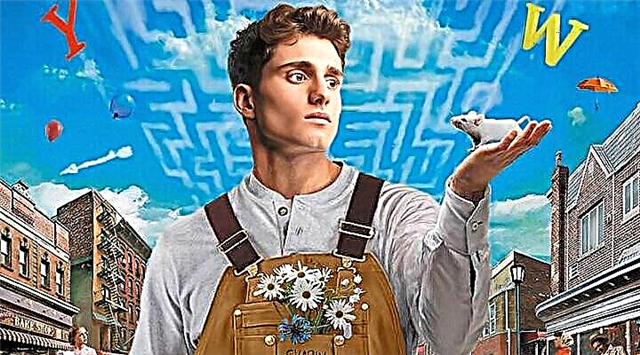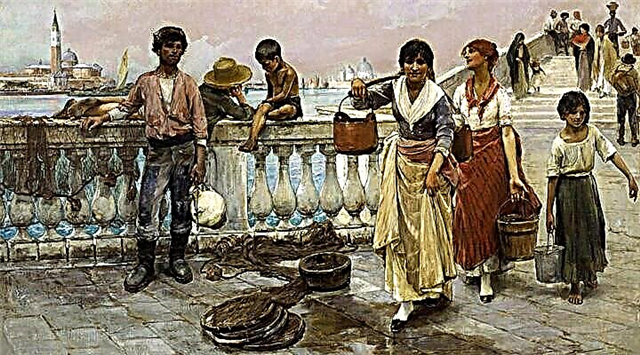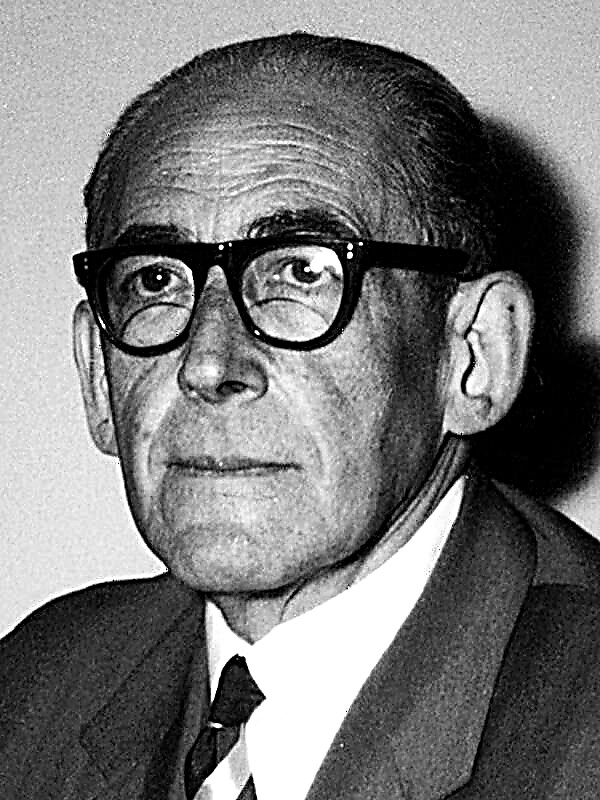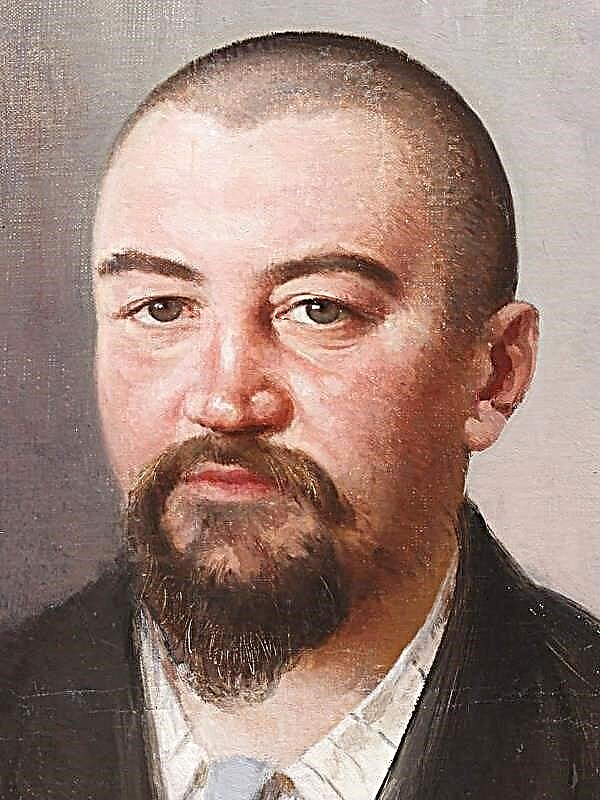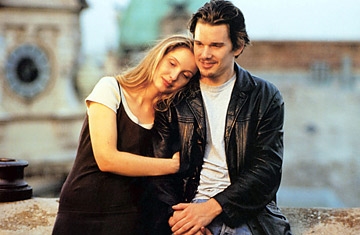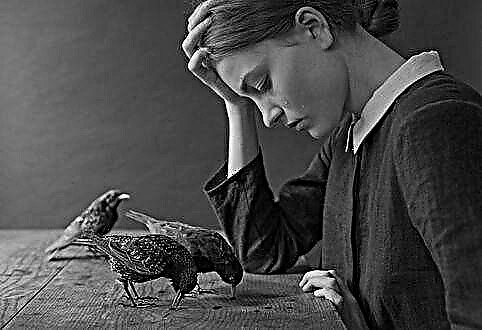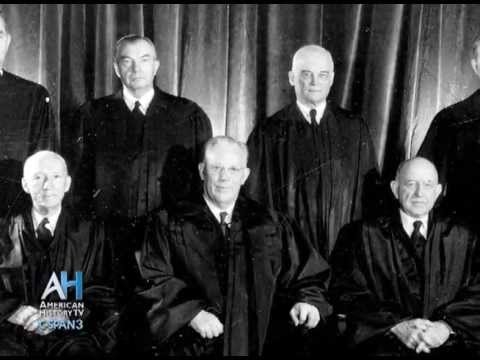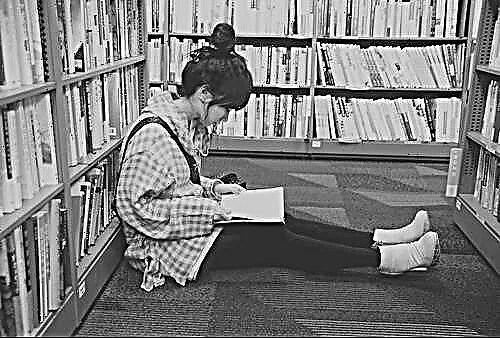(369 words) The story of the appearance of an extra person began something like this: a romantic hero, lonely and incomprehensible by society, suddenly fits into reality by the authors. There is no one to admire the romance anymore, the mental torment of a loner no longer enticed anyone. Realizing this, the writers decided to show the true essence of the former hero.
Who are they? People of great opportunities who cannot find any use for their talents. Seeing no prospects, they are trying to avoid boredom for idle entertainment. It does not get any easier, they are drawn to self-destruction: to dueling and gambling. They don’t do anything. Some researchers consider the first representative of “extra people” Alexander Chatsky from Griboedov’s play “Woe from Wit”. He does not want to put up with remnants, but for the whole action of the play the nobleman is eloquent, but not active.
The brightest representative of “extra people” is considered to be Pushkin's Eugene Onegin. An educated young nobleman spoiled by secular society does not know what he wants from life. Even giving up idleness, he did not finish a single case to the end. We see an extra person in love, friendship, where he is also unhappy. Belinsky wrote that “Eugene Onegin” is “a poetically reproduced picture of Russian society.” Tired and disappointed nobles were a noticeable phenomenon of Nikolaev Russia.
“But what about Pechorin, Oblomov, Bazarov?” - you may ask. Of course, they are also classified as "extra people", but each of them has its own characteristics. For example, Grigory Pechorin from Lermontov’s novel “A Hero of Our Time” is smart, prone to reflection, but cannot realize himself in life. He is also prone to self-destruction. But, unlike Onegin, he seeks the causes of his suffering. Ilya Oblomov, the hero of Goncharov’s novel, is kindhearted, capable of love and friendship. He is very distinguished from other representatives by the fact that he is a listless and apathetic homebody. Therefore, researchers believe that Oblomov’s image is the culmination of the development of the “extra people” type. With the hero of Turgenev’s novel “Fathers and Sons” Yevgeny Bazarov, everything is not so simple, because he is not a nobleman. To say that he has no purpose in life is also impossible - he is busy with science. But Bazarov does not find his place in society, rejects everything old, having no idea what to create in return, which allows him to be attributed to superfluous people.
It is curious that it was the “extra people” who became the most memorable heroes of Russian literature. This happened due to the fact that the authors showed the soul of an individual person, his motives, vices, without educational, moralizing attitudes. The works have become similar to psychological analysis, and this has already prepared readers for the future of Russian realism.

